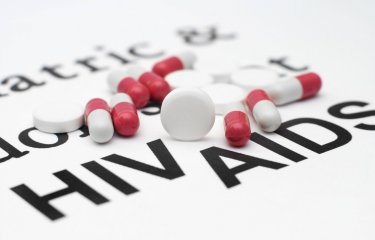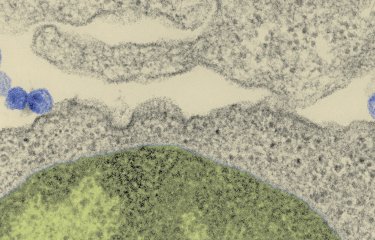The Bill and Melinda Gates Foundation (Seattle, USA) has decided to fund an international research consortium led by the German Research Centre of Biotechnology (GBF) in Braunschweig and the Institut Pasteur in Paris. The long-term goal of the 9 million dollar project is the development of vaccines against Hepatitis C and HIV.
Press release
Paris, june 28, 2005
“The grant is for us a singular success”, says Prof. Dr. Rudi Balling, scientific director of the GBF and the German project leader. Initially, more than 1500 ideas from 75 countries were submitted; grants were finally awarded to just 43 projects.“Our proposal demonstrates the power of intelligent collaboration”, comments Dr. James Di Santo, director of the Immunol-ogy Department at the Institut Pasteur and the project head in France. “Each participant is a recognized leader in his domain; the decision to put our strengths together towards an inno-vative project will help us tackle the difficult problem of vaccines for HCV and HIV.” Par-ticularly gratifying, says Balling, is that only research establishments with the highest inter-national reputations are participating in the consortium, which in addition to the GBF and Institut Pasteur, includes the German Medical School in Hanover, the University of Amster-dam, the Necker Hospital in Paris and New York’s Rockefeller University.
The project tackles one of the most urgent health problems in countries of the developing world, where most of the 170 million people infected with the hepatitis C virus (HCV) live. Those affected often die as a result of liver cirrhosis or cancer of the liver. The most efficient way of fighting HCV would be mass vaccinations with an effective and easily used vaccine. However, the development of such a vaccine faces a number of major obstacles. For example, every vaccine, before it can be used on humans, must be tested on animals, but for HCV this is currently not possible: the most suitable experimental animal, the mouse, is naturally immune to the virus, which propagates itself in human liver cells.
The consortium will attempt to get around the problem by implanting human liver and im-mune cells into mice. If successful, it should be possible to infect these animals with HCV and study the reaction of potential vaccines, thus opening up the possibility of saving mil-lions of human lives from the deadly consequences of hepatitis C infection. Mice carrying a human immune system will also be used for testing vaccines against HIV, the AIDS virus.
The Bill and Melinda Gates Foundation and the cooperation partners
The Bill & Melinda Gates Foundation works to promote greater equity in four areas: global health, education, public libraries, and support for at-risk families in Washington state and Oregon in the U.S. The Seattle-based foundation joins local, national, and international partners to ensure that advances in these areas reach those who need them most. The foun-dation is led by Bill Gates’ father, William H. Gates Sr., and Patty Stonesifer, and has an endowment of approximately $28 billion.
Contact press
Institut Pasteur Press Office
Nadine Peyrolo - Bruno Baron
01 45 68 81 47 - npeyrolo@pasteur.fr







